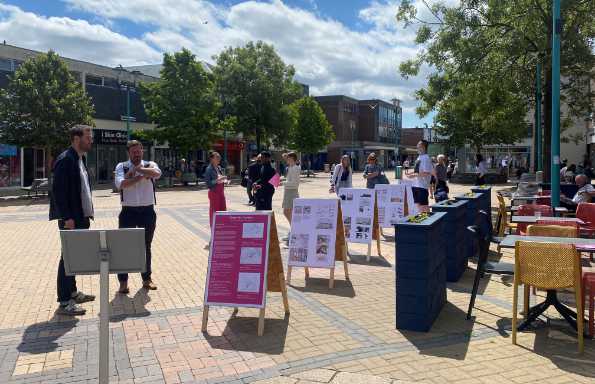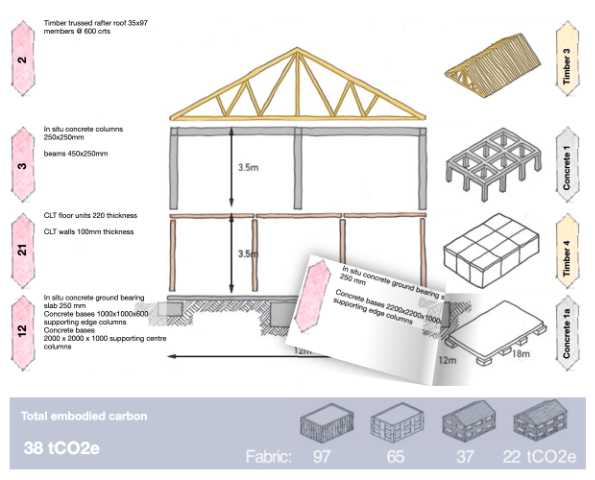SotA scores a hat-trick at the LTSE awards

Staff from the School of the Arts have scooped three awards in recognition of excellence in learning and teaching.
The University’s annual Learning & Teaching and Student Experience Awards scheme recognises the importance of excellence in learning and teaching in providing a high-quality experience for students. Faculty award winners each receive a certificate and a prize of £500 to be spent on learning, teaching and/or student enhancement activities during the following academic year, while winners of the University-wide Sir Alastair Pilkington Award for Teaching Excellence receive an additional £1,000.
This year, three of the five Faculty awards were handed to projects from the School of the Arts.
Dr Panayiota Vassilopoulou (Philosophy) and Dr Sarah Thomas (Communication and Media) were recognised for their work in improving the learning experience of Postgraduate Research (PGR) students in the School. Together with the wider research leadership team, they addressed cohort identity, introduced training and networking opportunities through the InFocus series, and pioneered new PGR scholarships.
“The InFocus series is a brilliant scheme to build the confidence and career-preparedness of our PGRs, as well as bringing them together in a community”, commented Professor Peter Buse, Dean of the School of the Arts. “The carefully and rigorously designed scholarships provide a clear and flexible framework to build teaching and research skills and to integrate PGRs productively into Departments and the School.”
In Architecture, Sandy Britton was awarded for ‘Ideas for Huyton Village’, a collaborative project focusing on post-pandemic High Street Regeneration in Huyton, through which students were able to interact with local communities and stakeholders; improve their understanding of design, urban analysis and materials research; and contribute to an enterprise with real-world impact.
Dr Fei Chen from the Liverpool School of Architecture said: “This initiative aligns well with the University’s new Strategy 2031 that promotes the value of collaboration, innovation and responsiveness.
“The students affected just came out of COVID isolation and benefitted immensely from this experience which enhanced their employability. It demonstrates how architecture can assist to solve real world problems and enhances the reputation of the department and University”.
Also in Architecture, Peter Farrall, Dr Ranald Lawrence, Ted Ruffell and Martin Winchester were twice honoured for their innovative learning tool. Not only did they scoop a Faculty award for the Embodied Carbon Flipbook – an accessible, interactive tool that helps students understand the significance of embodied carbon – but they also clinched the coveted Sir Alastair Pilkington Award. The Flipbook enables students to see the implications of design for carbon footprint, and prepare future architects to address the global sustainability challenge.

“This is a timely intervention in teaching”, said Head of Liverpool School of Architecture, Professor Ola Uduku. “We are currently very much in the throes of the climate emergency and Architectural education is tasked to engage students in the understanding of how this relates to their understanding of building design’s contribution to high carbon outputs and the need to design for sustainability which this flip book tool seeks to address.”